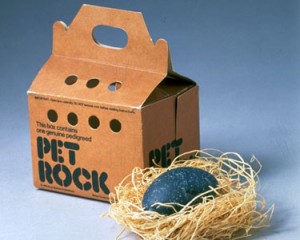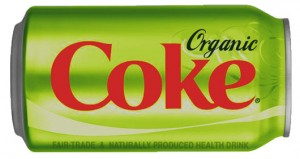After getting our part B back, we realize that there’s something that should be improved on. Since the part B of our assignment is lower than we expected, we spent a lot of time trying to rebuild a more concrete structure of the segmentation, targeting and positioning. For the first few meetings, we kept on changing our approach on the storyboard of the video. At the end of the day, we decided to alter our target based on the comment we received from Prof. Rui from our second project. As this is my first time being fully responsible on editing, I am kind of nervous to see the product from the other groups and the reaction of others on our project. At the same time, I wonder if my effort is enough in comparison to my other classmates.
However, the whole process was fun and I believe we have tried our very best. I could not help myself but to laugh out loud while watching the videos recorded by So Tze Yong. If it’s not for the assignment, I do not think that I would see the hidden talents of my group members, Eric, Khabibah, Wilfred and Agape. The shooting was done for two sessions. Although the idea of being present for a meeting is mentally tiring for me, it was worth it. At the end of the day, we changed the whole storyboard to make it more clear to the audience. Personally, I like the previous video more. At the same time, I must understand the whole idea of the video. It is supposed to be a platform for us to answer question in a more explicit manner.
Among all the assignments given, I personally think this part is the most interesting one. I enjoy working with my group mates and seeing how our creativity differs. It seems like it was just yesterday that we were asked to do the first blog post on ethics. Now it’s time for the 6th and the last one. Having to work with incredible team members, I can’t express how grateful I am







